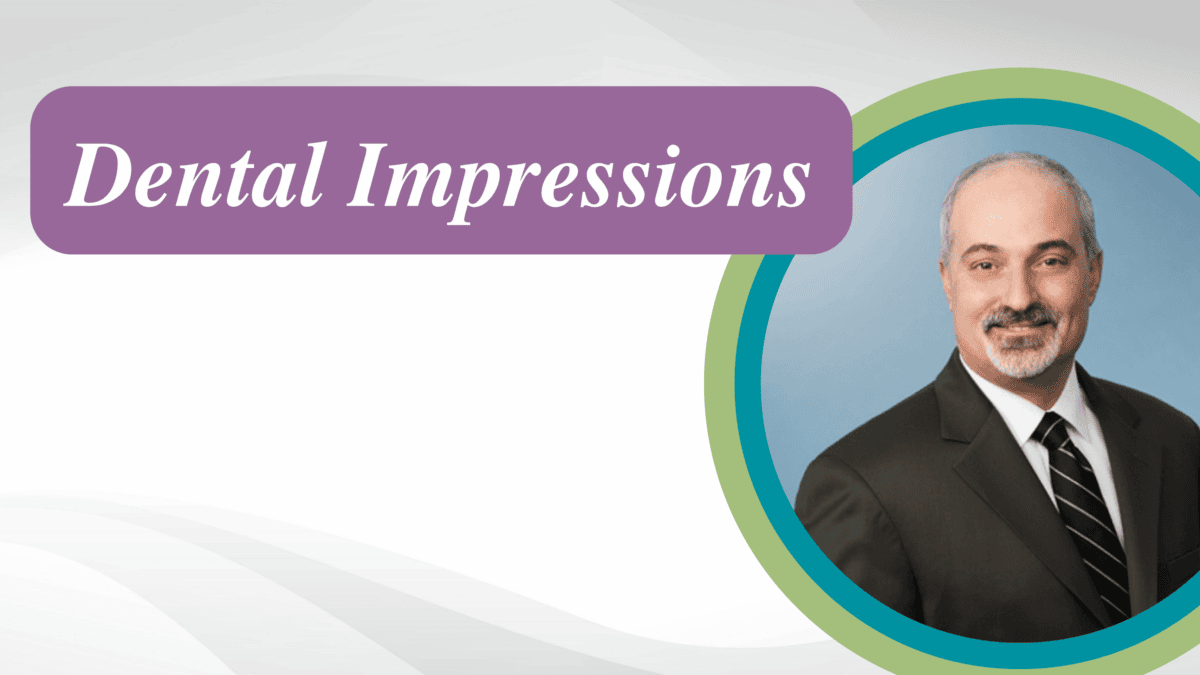News
NADP Push for Greater Access to Dental Benefits Gaining Traction in Congress
CBO estimates Independent Purchase of Dental Plans Would Reduce Deficit
DALLAS, Texas – After the National Association of Dental Plans (NADP) advocated for the passage of the Increasing Access to Dental Insurance Act (S. 2771 and H.R. 1671) on May 8, a renewed interest in access to dental coverage has gained traction in Congress.
Increasing access to dental coverage on Healthcare.gov could reduce the federal deficit by $3 million, according to a recent Congressional Budget Office (CBO) estimate. In addition, a recent Senate Health, Education, Labor and Pensions (HELP) Committee hearing highlighted how expanding the ability to buy only dental coverage on Healthcare.gov would increase access to coverage for millions of Americans without dental insurance.
The two identical bills advocated by NADP would permit consumers to enroll in stand-alone dental plans available on Healthcare.gov without first buying medical coverage. The ability to purchase dental-only coverage is a technical fix to Healthcare.gov and would expand coverage opportunities for the more than 20 million Americans who have medical coverage through their employer or Medicare but lack dental coverage. Most of the nation’s state-run exchanges already permit the independent purchase of dental plans, so these bills would merely task the federal government with catching-up to most states.
H.R. 1671 and CBO Estimate
Last week, the CBO prepared a cost analysis of H.R. 1671. CBO used information from research literature and industry experts to estimate H.R. 1671 would reduce the federal deficit by $3 million over the 2024-2034 period. This estimate reflects a $3 million decrease in direct spending and an increase in revenues of less than $500,000 over that same period.
CBO expects H.R. 1671 to slightly reduce stand-alone dental plan premiums through increased competition between dental insurers in some states. Lower premiums would reduce premium tax credits because the pediatric portion of the second-lowest-cost stand-alone dental plan is used in certain cases to calculate the benchmark premium for subsidies.
HELP Committee Hearing
On May 16, the Senate HELP Committee chaired by Sen. Bernie Sanders (I-VT) held the hearing, Examining the Dental Care Crisis in America: How Can We Make Dental Care More Affordable and More Available. Four expert panelists reported on the growing number of studies indicating how oral health affects overall health and the shortcomings in meeting Americans’ oral healthcare needs, including barriers to accessing dental care.
During the hearing, Sen. Maggie Hassan (D-New Hampshire) and Dr. Myechia Minter-Jordan, president of the Carequest Institute, discussed how updating Healthcare.gov to enable the independent purchase of dental plans would affect access to dental coverage. She noted families in New Hampshire and 31 additional states cannot purchase or compare stand-alone dental coverage on Healthcare.gov. She questioned what the impact would be if adults were allowed to purchase dental coverage only on the federal marketplace. Dr. Minter-Jordan noted people use dental coverage when they have it. Thus, the ability to purchase only dental coverage on Healthcare.gov would lead to greater access to care and prevention. In addition, this would result in a reduction in healthcare costs because of the correlation between oral and overall health.
Sen. Hassan also mentioned S.2771, which she introduced with Sen. Roger Marshall (R-Kansas).
In his May Dental Impressions blog, NADP Executive Director Michael Adelberg expressed the association’s willingness to work with members of Congress to increase access to coverage and advance oral health.




